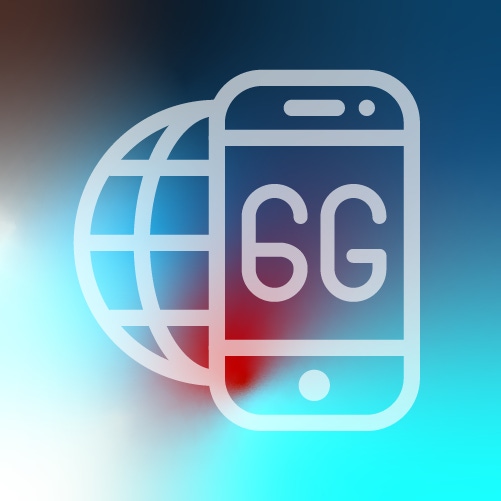
Samsung has called for a massive expansion of the mmWave spectrum band to support the huge data demands of 6G.
It says that the current spectrum won't be enough to meet all of the 6G capacity requirements, which means new spectrum ranges will need to open up in what it calls the sub-THz range, from 24-300GHz.
The Korean giant says that if 6G is going to deliver new terabit services such as immersive XR and high-fidelity mobile holograms, hundreds of MHz or tens of GHz of additional spectrum will be required.
Figure 1:  Samsung says the current spectrum won't be enough to meet all 6G capacity requirements, so spectrum ranges must open up in the sub-THz range, from 24-300GHz.
Samsung says the current spectrum won't be enough to meet all 6G capacity requirements, so spectrum ranges must open up in the sub-THz range, from 24-300GHz.
(Source: Newscom/Alamy Stock Photo)
"Exclusive use for mobile communications in the limited frequency resources is becoming more and more difficult. It leads us to examine sub-THz band to find [a] massive amount of greenfield contiguous spectrum," Samsung said in a white paper released Sunday.
It said existing mobile frequencies could be used for 6G, with the sub-1GHz band providing wide-area coverage and indoor penetration. Mid-band frequencies (1-24GHz) could ensure sizable chunks of contiguous bandwidth, but even so, these would still be insufficient.
The mmWave band, which is in the 24-92GHz range for 5G and has been introduced in half a dozen countries including the US, Japan and Australia, will play a very important role in 6G, the white paper said.
But the upper limit needs to be raised to 300GHz to service ultra-high capacity and ultra-low latency applications.
Provision 6G now
Samsung said it was important to start work on provisioning 6G spectrum now because of the "fundamental and technical challenges" of deploying commercial wireless on sub-THz.
While Samsung does not say so explicitly, now is a good time to start work on the 92-300GHz range because a good deal of it is already designated for applications such as astronomy, space exploration and radio location service.
Figure 2: 
(Source: Samsung)
With the mobile industry's conflict with satellites over 3.5GHz still not entirely settled, it makes sense to try to get ahead of these things.
The two sub-THz spectrum bands identified by Samsung – the W-band (92-114.25GHz) and the D-band (130-174.8GHz) – are heavily occupied by radio astronomy and space research.
Samsung notes that the W-band has greater propagation characteristics, although it also includes some small segments where radio transmissions are banned altogether.
Want to know more? Sign up to get our dedicated newsletters direct to
your inbox
The wireless industry's interest in the W-band is not new, though. 3GPP made a preliminary examination of the band in its search for 5G NR spectrum slots and research is being carried out globally on both W and D bands, Samsung said.
Although 6G may seem a long way off, it would take many years to complete a spectrum plan that would allow for the start of service in 2030, the white paper said.
It added that it was important to consider "at an early stage how new spectrum could be licensed along with possible sharing approaches with other incumbent services such as satellites, public, fixed links, broadcast networks, etc."
Related posts:
— Robert Clark, contributing editor, special to Light Reading
Read more about:
AsiaAbout the Author(s)
You May Also Like











